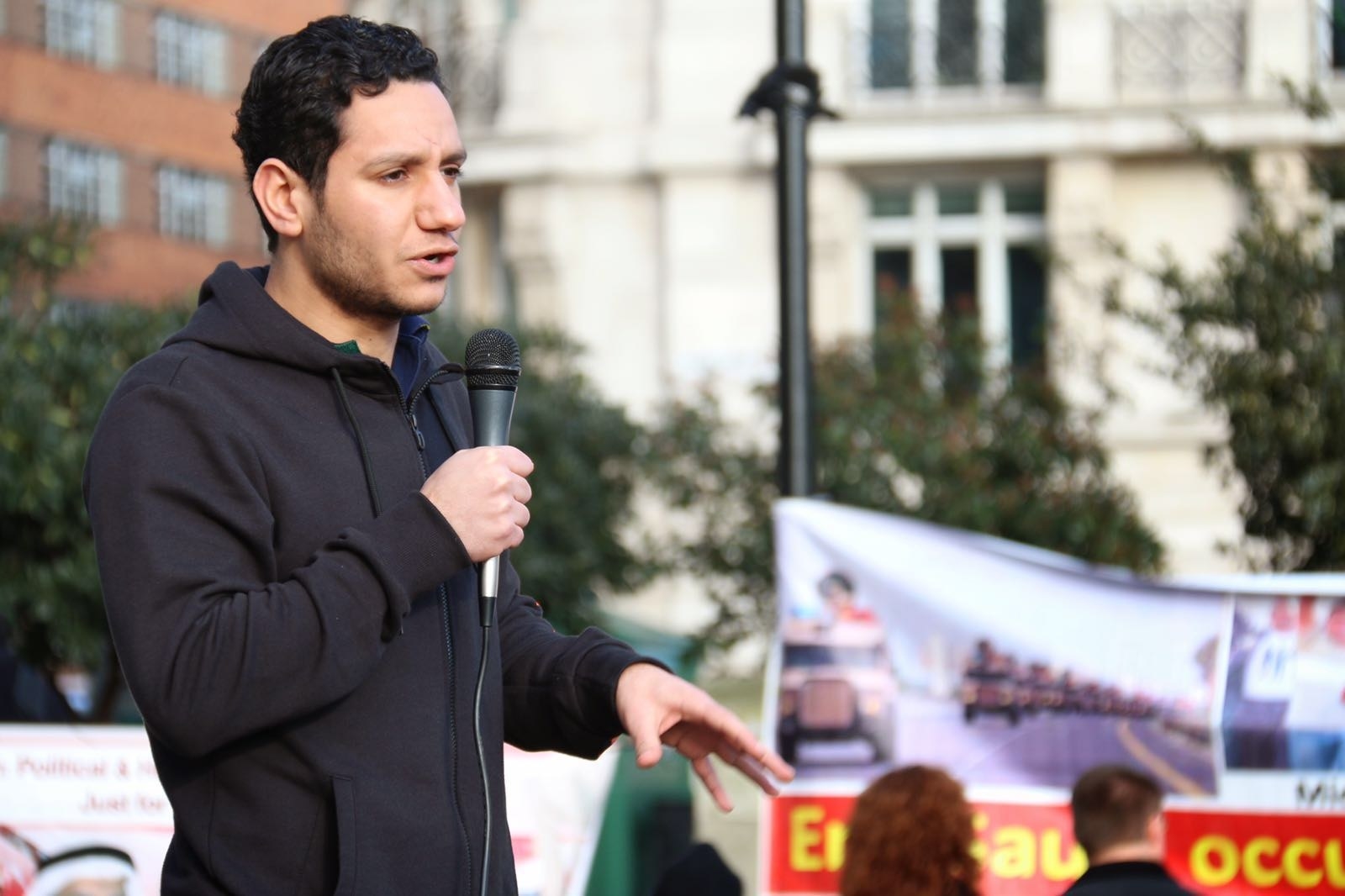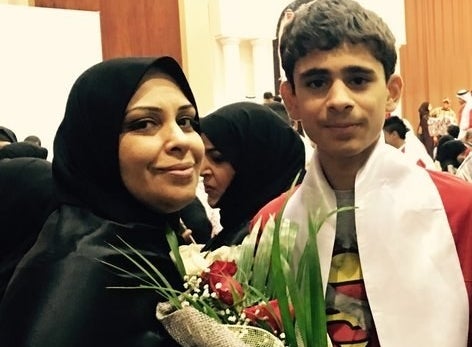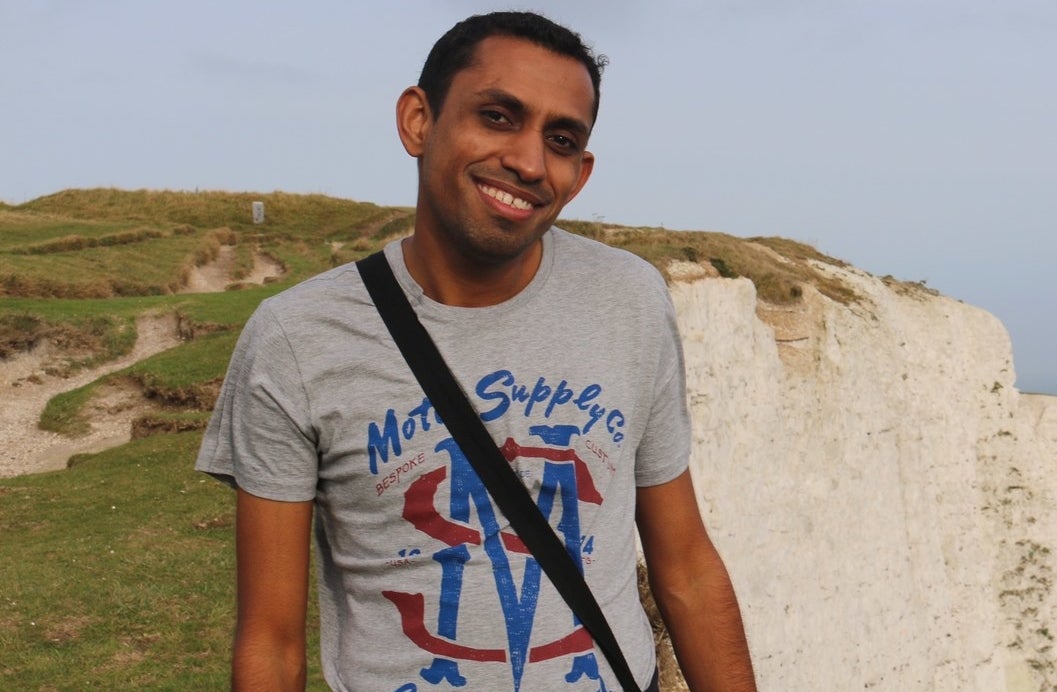A senior MP has accused the embassy of Bahrain of colluding in the torture and interrogation of the family members of a human rights protester.
The UK foreign secretary has been warned about allegations the London embassy of Bahrain – one of Britain’s brightest trading hopes after Brexit – has been “colluding” in reprisals against the family members of a UK-based human rights campaigner.
A senior MP has accused the embassy of “colluding” in the torture and interrogation of family members of Bahrain exile and human rights campaigner Sayed Ahmed Alwadaei, after the embassy told the MP his family had been convicted by an “independent Bahraini court” – a week before their actual conviction on 30 October.
Tom Brake, the Lib Dem spokesman for Brexit and international trade, has urged Boris Johnson to summon the ambassador of Bahrain to seek to end the threats to and detention of the campaigner’s family.
Brake wrote in a letter sent to the foreign secretary: “I hope that you will agree that the reprisals against Mr Alwadaei and his family must immediately cease, and an apology issued from the Bahrain Embassy in London to the Alwadaei family for its conduct should be expected and will be encouraged by your department.”
He said the Bahrain government had previously accused Alwadaei of smuggling arms and used this claim to interrogate his wife, and said Alwadaei’s other family members had been arrested, tortured, and interrogated about the work of the campaigner in the UK.

Sayed Ahmed Alwadaei speaking at a demonstration.
Alwadaei is the director of advocacy at human rights group the Bahrain Institute for Rights and Democracy (BIRD). Bahraini authorities have sentenced his mother-in-law, brother-in-law, and maternal cousin to three years in prison.
BIRD campaigners maintain that after the family members were arrested in March 2017, they were tortured and interrogated about Alwadaei’s activities in the UK. They face their first appeal court hearing on 20 November.

Alwadaei’s mother-in-law Hajer Mansoor, 49, and brother-in-law Sayed Nizar Alwadaei, 18
In a statement, the kingdom’s London-based embassy wrote: “In this case, the reality is that evidence emerged, DNA and material evidence, linking members of his extended family to acts of terrorism, which required a full and proper investigation.”
The embassy has denied that the arrests were linked to the family members’ relationship with Alwadaei.

Mahmood Marzooq, 30, cousin of Alwadaei
Nevertheless, Brake’s letter adds to further pressure on Johnson to raise the case after 18 MPs called for a debate in parliament to be held condemning the sentence against Alwadaei’s family.
Amnesty International said the sentencing was a “clear attempt to muzzle Sayed Alwadaei from afar”.
In a statement, the charity added: “It sends a chilling signal that no one is out of the Bahraini authorities’ reach and demonstrates that they are prepared to use whatever means necessary to crush dissent.”
Campaigners said the embassy claimed the relatives of Alwadaei had the opportunity to complain to UK-trained watchdog bodies in Bahrain, set up as part of a £2 million Foreign Office programme.
The campaigners wrote: “In fact, the bodies – including a prison Ombudsman – have refused to investigate allegations that the family were tortured into ‘confessions’.”
Activists have repeatedly urged Britain to discuss human rights issues with its Gulf ally. They raised concerns that the UK has spent millions of pounds since 2012 to train Bahrain in human rights mechanisms, which they claim “whitewashed” Bahraini abuses.
It’s not the first time the Foreign Office has been warned of torture in Bahrain – BuzzFeed News discovered last year the Foreign Office had been repeatedly provided evidence by human rights groups of mistreatment in prisons.
It comes at a time when there have been efforts from London to “turbo-charge” trade deals between the UK and the Gulf in advance of a departure from Europe, with ministers’ enthusiasm raising concerns from campaigners about how far the government is prepared to turn a blind eye to human rights abuses in the region.
In September last year Liam Fox, the trade secretary, pressed ahead with informal discussions on future deals outside the EU, visiting Bahrain, the UAE, and Qatar in a week and identified “big-ticket exporting opportunities” across industries.
In October Alistair Burt, the minister for the Middle East and North Africa, visited Bahrain for the ninth meeting of the UK-Bahrain Joint Working Group, a forum for the bilateral relationship, to underline “the strength and depth of the UK-Bahraini relationship”.
And last winter, the UK prime minister met Gulf leaders to explore the possibility of new free trade agreements between the UK and Gulf once the UK has left the European Union.
Such deals are expected to be lucrative, with the government saying it has identified £30 billion of opportunities for businesses across 15 different sectors over the next five years in the Gulf.
Theresa May’s visit closely followed an official visit by Prince Charles last November to mark the 200th anniversary of bilateral relationships between the UK and Bahrain that saw the prince visit mosques and temples and attend a Remembrance Day service.


